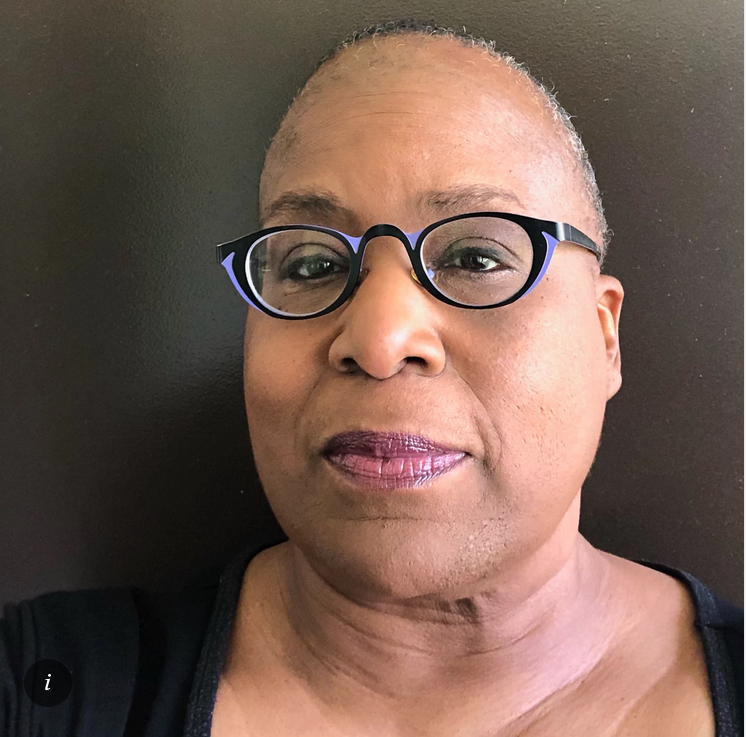CAMARILLO — CSU Channel Islands (CSUCI) Associate Professor of History Robin Mitchell, Ph.D., is headed east in the Fall after receiving a year-long fellowship from Harvard Radcliffe Institute in Cambridge, Mass.
“It is humbling and really wonderful,” Mitchell said. “Most of the time we apply for these fellowships that don’t come through. So, we’re encouraged to apply for multiple fellowships.”
Which she did—and was offered two more fellowships.
The fellowships came from the University of Buffalo Center for Diversity Innovation in New York and the Camargo Foundation in Cassis, France. All three awards had international competition. The acceptance rate for the 2021-2022 Harvard fellowship was less than three percent, from 1,383 applications.?
Radcliffe Dean Tomiko Brown-Nagin said the 2021-2022 fellows are characterized by intellectual reach, scholarship and creativity, and many are focused on the most urgent problems of the day.
“In the wake of an unprecedented—and profoundly difficult—14 months, the challenges facing our society are daunting,” said Brown-Nagin. “Some of these challenges are new, others are merely new to the spotlight—deep and longstanding issues that have been exacerbated by the pandemic and its far-reaching consequences. Our newest class of fellows will reckon with this moment and its meaning, and they will push the limits of knowledge and practice across the sciences, social sciences, arts, and humanities. We cannot wait to welcome them.”
Mitchell will go on sabbatical in the Fall in order to take advantage of the Harvard fellowship, and with coordination from the CSUCI History program and School of Arts & Sciences, Mitchell will take a year’s leave and travel to Buffalo in Fall of 2022 for the University of Buffalo fellowship.
Mitchell studied in France and has a deep love of the culture and country, but she had to turn down the Camargo fellowship, which is an international residency program for artists and scholars. The fellowship would have enabled Mitchell to spend a half a year on a campus on the edge of the Mediterranean Sea in the south of France.
As a 2021-2022 Harvard Ratcliff Institute fellow, Mitchell will be working simultaneously on two projects. Her first project is a second academic book. Her first, released by the University of Georgia Press in 2020, was Vénus Noire: Black Women and Colonial Fantasies in Nineteenth-Century France, which earned critical acclaim.
“My next book is about the tropes that are imposed on Black women in France and in France’s Black colonies between 1685 and 1804,” Mitchell said.
The French colonies Mitchell plans to research include Guadeloupe, Martinique, and Haiti in the Caribbean.
Mitchell’s second project is a history of an overlooked figure in French and French colonial history, Suzanne Simone Baptiste. She was the wife of Toussaint Louverture, one of the instigators of the 1791 Haitian Revolution, in which the former enslaved rose up against white Frenchmen.
“I’m doing a graphic history of her. She is not known at all,” Mitchell said. “I think it is interesting that scholars can talk about him as if he is a person unto himself, but she kept that family together and alive under terrible circumstances. She was kidnapped with her husband and children and brought to France, so she couldn’t have managed to keep everyone else alive without a great deal of intelligence.”
When Mitchell joins the University of Buffalo Center for Diversity Innovation for the 2022-2023 academic year, she will be helping them with their diversity, equity, and inclusion initiative.
“I’ll be mentoring students and helping to recruit future students,” Mitchell said. “The center serves faculty, staff and students across the university. The center’s job is to prepare and train the next generation of diversity leaders. It’s exciting for me to be able to learn from them and be a part of their next chapter.”
The project that won her the Camargo fellowship was a mixed media study of the histories of Black women in France between 1648 and 1804. Mitchell specializes in 19th Century French history, and will continue to work on the project, even if she can’t devote the amount of time a fellowship would have provided.
“Dr. Mitchell’s exemplary scholarly accomplishments and classroom excellence inspire her students and colleagues alike,” said CSUCI History chair Frank Barajas, Ph.D. “She is truly CSUCI’s standard-bearer of being a student-centered university for the 21st?century.”
To that end, Mitchell made it clear to her students that she is just an email, a text, or a Tweet away during both fellowships.
“I tell this to my students: Once you have me for a professor, I belong to you until you graduate,” Mitchell said. “Even if you never take another class from me, I’m still available to you. That doesn’t change even if I’m not actually in my office. I’m gonna miss them, though.”
About California State University Channel Islands — CSU Channel Islands (CSUCI) is reimagining higher education for a new generation and era. We are an innovative higher education institution that enables students to succeed and thrive – serving as an engine for social and economic vitality that provides the intellectual resources necessary for a thriving democracy. With more than 7,000 students, 1,200 employees and 14,000 alumni, CSUCI is poised to grow in size and distinction, while maintaining one of the most student-focused learning environments in public higher education. Connect with and learn more by visiting www.csuci.edu or CSUCI’s Social Media.

